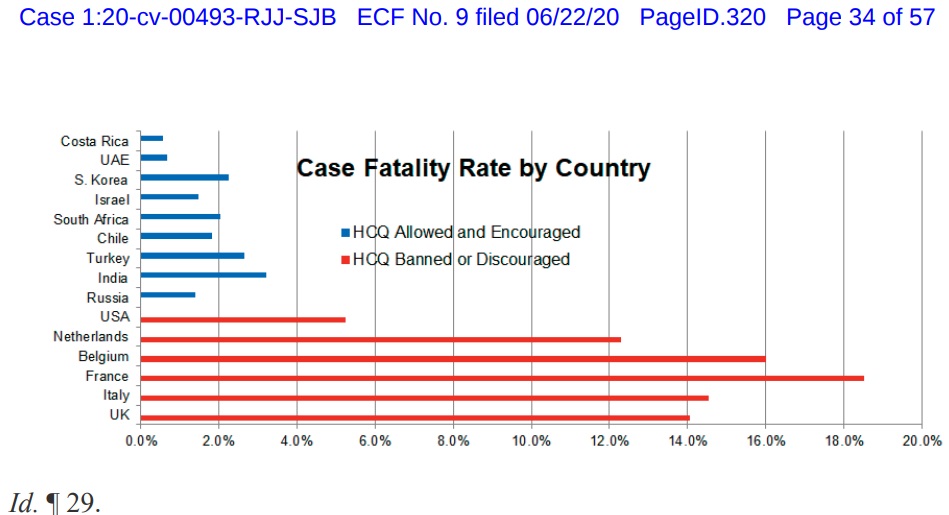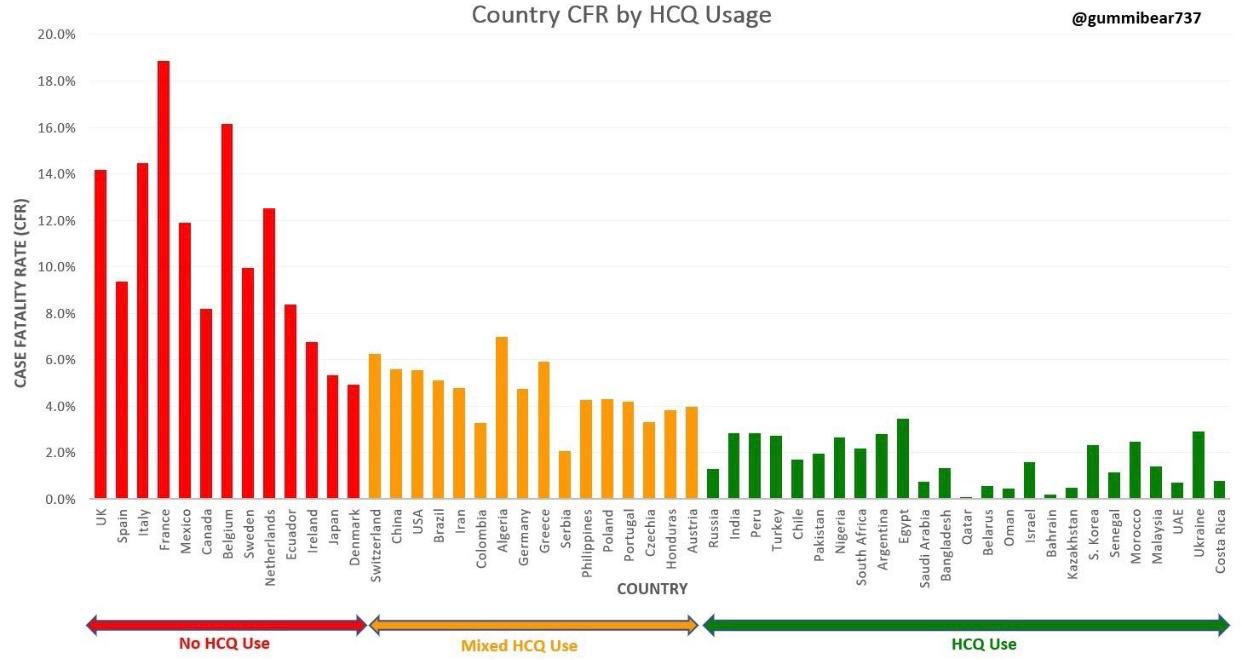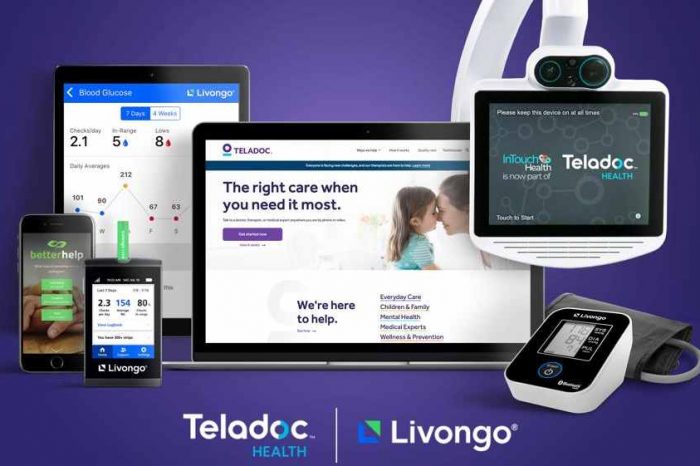Countries using hydroxychloroquine have far fewer COVID-19 deaths than countries that don’t, study from Association of American Physicians and Surgeons shows

While debate rages on about the efficacy of hydroxychloroquine, studies haven shown that countries that used the malaria drug are doing much better than those that haven’t. According to a report published by Association of American Physicians and Surgeons (AAPS), the group found that a total number of 2,333 coronavirus patients were treated with HCQ, with or without zinc and the widely used antibiotic azithromycin.
The report was based on observational data from China, France, South Korea, Algeria, and the U.S. Of these, 2,137 or 91.6 percent improved clinically. There were 63 deaths, all but 11 in a single retrospective report from the Veterans Administration where the patients were severely ill.
In late June, the group filed its motion for a preliminary injunction with court to compel release to the public of hydroxychloroquine by the Food & Drug Administration (FDA) and the Department of Health & Human Services (HHS), in AAPS v. HHS, No. 1:20-cv-00493-RJJ-SJB (W.D. Mich.).
On July 29, we told you after the group presented additional evidence for why hydroxychloroquine should be made available. “Citizens of the Philippines, Poland, Israel, and Turkey all have greater access to HCQ than American citizens do,” observes AAPS General Counsel Andrew Schlafly. “In Venezuela, HCQ is available over the counter without a prescription, while in the United States pharmacists are prevented from filling prescriptions for HCQ.”
Andrew Schlafly explains:
“The mortality rate from COVID-19 in countries that allow access to HCQ is only one-tenth the mortality rate in countries where there is interference with this medication, such as the United States.”
As part of the filing with the court, AAPS also includes a chart showing how countries that encourage HCQ use, such as South Korea, India, Turkey, Russia, and Israel, have been far more successful in combatting COVID-19 than countries that have banned or discouraged early HCQ use, as the FDA has.

According to AAPS, nearly 100 million doses of hydroxychloroquine (HCQ) were donated to federal agencies, and yet they have not released virtually any of it to the public.
Last week the FDA even misled the public by falsely stating that HCQ should not be used to treat COVID-19, when multiple studies show its benefits, and thousands of patients have been successfully treated worldwide. A perfect storm of politics in this presidential election year, along with conflicts of interest at the Defendant federal agencies, has resulted in unjustified obstacles to access to HCQ, an inexpensive medication having a track record of more than 75 years of safety,” AAPS writes in its brief being filed today in federal court.
AAPS is not alone in showing the correlation between the use of hydroxychloroquine and low fatality rate. Below is another chart showing low COVID-19 fatality rate in countries that encourage the use of HCQ.

Of note, the above chart says no HcQ used in Italy, France, Spain, which partially true. Hydroxychloroquine was in fact tried early on in those countries but with little effect before it was later abandoned.
However, doctors pointed out that only hydroxychroquine protocol was tried on patients on ventilators as a last ditch effort and was not tried in combination with zinc as opposed to using the drug in the early phase of infection. Many doctors also said that these countries did not use “hydroxychroquine protocol, a combination of hydroxychloroquine, zinc and azithromycin.
Many doctors also pointed out that it is the zinc that kills virus, hydroxychloroquine simply opens the cell. Using this treatment in outpatient setting as early as possible has an above 90% fatality reduction rate.
https://youtu.be/mV3urNCQOKM

